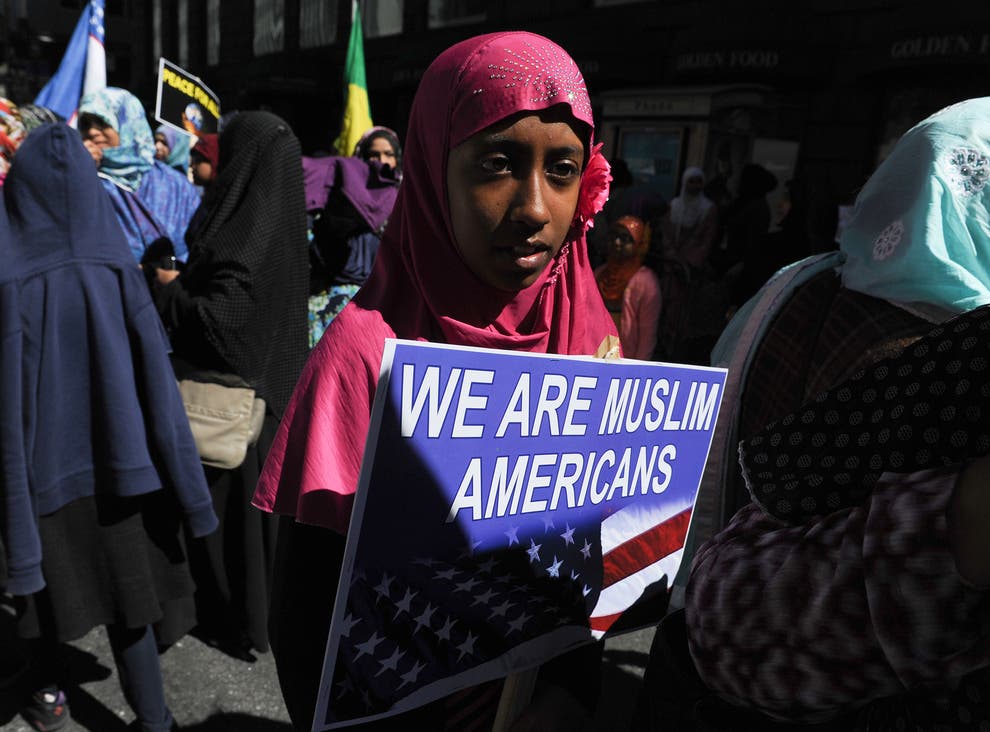Until Zaytuna opened its doors three years ago, American Muslims who wanted to study and grow in their faith mostly had to look overseas for a college education. That left students unprepared to engage with the U.S. culture to which they would return, say Zaytuna’s founders, well-known Islam scholars Hamza Yusuf, Zaid Shakir and Hatem Bazian.
The college grew out of the non-profit Zaytuna Institute, founded in 1996 as a local community organization.
Courses include Islamic theology and law, and they also cover the classic liberal arts, such as logic, rhetoric and astronomy. Students learn Arabic and study the Koran. And they read Western authors such as Aristotle, Einstein and Robert Frost.
The school, which raised $7 million last year, is funded by individual Muslim donors and tuition revenue. Tuition last year was $11,000, slightly less than the $12,192 UC campuses charged California-resident undergraduates.
Zaytuna is “trying to participate in this bigger story, this bigger historical narrative of religious minorities having a place here,” says Scott Korb, a New York-based religious studies and writing professor and author of Light Without Fire: The Making of America’s First Muslim College, which chronicles the school’s first years.
Zaytuna is not America’s first Muslim college. The Chicago-based American Islamic College was established in 1981 as a private, not-for-profit, four-year school but stopped offering classes more than a decade ago. A few years ago, it began offering non-credit courses and hopes to again offer bachelor’s degrees, says spokeswoman Hind Makki.






